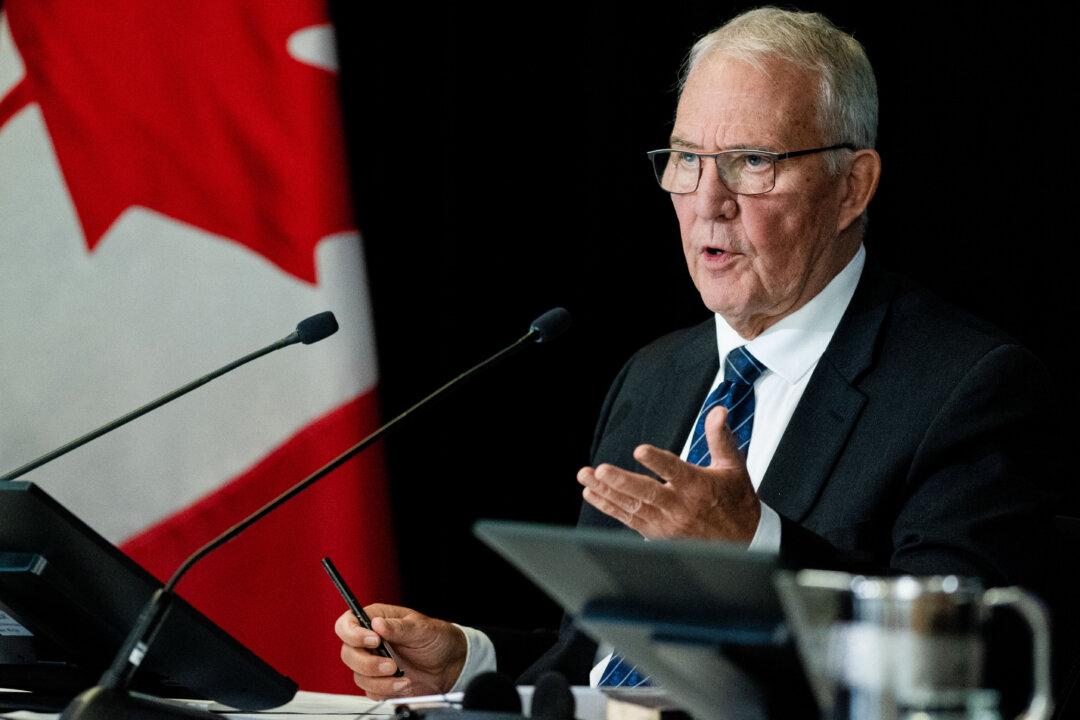Defence Minister Bill Blair said he doesn’t know what caused the delay in his approval of a warrant application to surveil an Ontario politician while Blair was minister of public safety.
The Foreign Interference Commission heard in recent days that CSIS submitted its warrant 54 days before Blair signed it in the spring of 2021.





